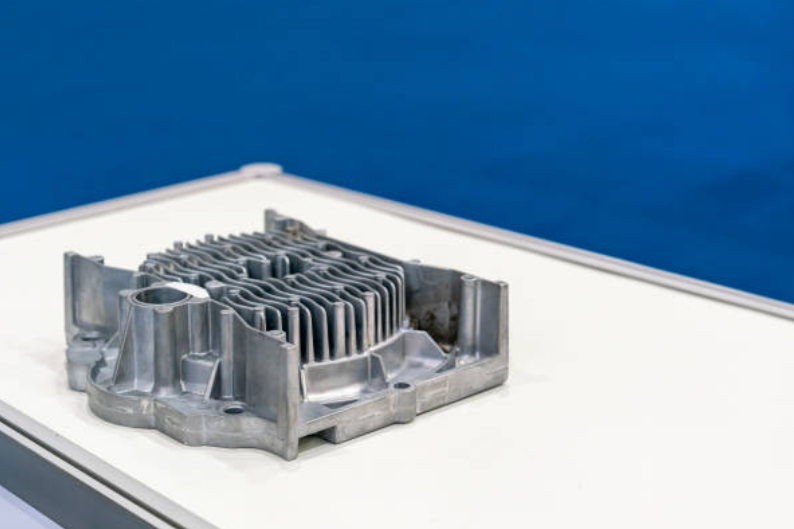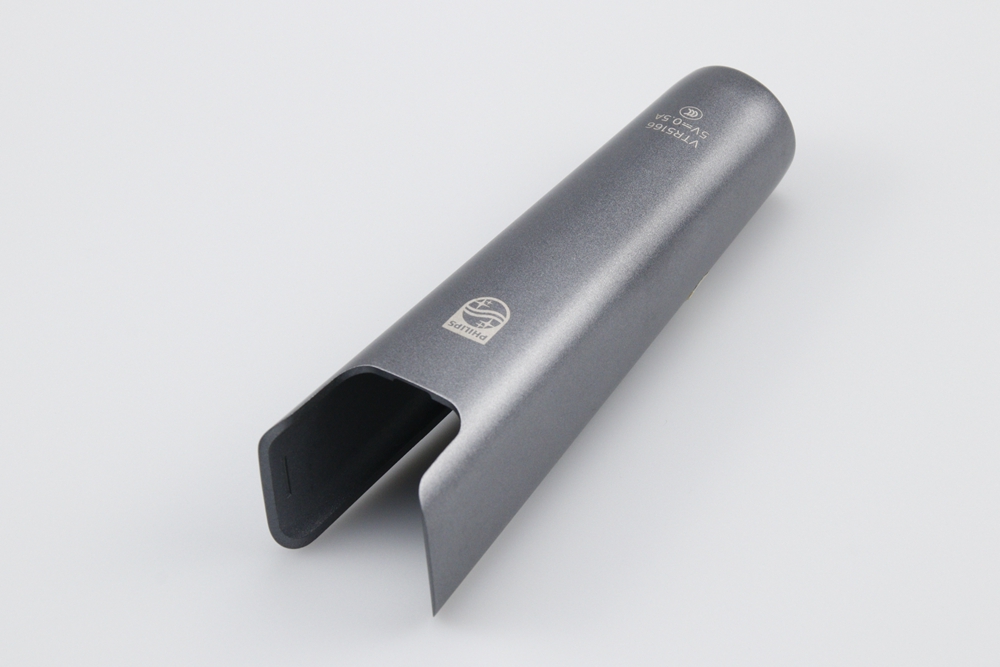Which industries benefit the most from Zamak die casting?
Versatility of Zamak in Modern Manufacturing
Zamak alloys have become indispensable in multiple sectors due to their superior castability, dimensional precision, and cost efficiency. The zinc die casting process supports complex geometries and thin-walled structures, making it an ideal choice for industries that require both performance and aesthetic appeal. Unlike higher-melting metals used in aluminum die casting or magnesium alloy casting, Zamak enables faster cycles with minimal tool wear.
Industries ranging from automotive manufacturing to consumer electronics leverage these benefits to achieve consistent output and superior surface finishes. The material’s stability under high-pressure injection and its capability to form intricate designs make it particularly suited for high-volume production environments.
Automotive and E-Mobility Components
In the automotive industry, Zamak die casting is used for interior and exterior trim parts, precision housings, and structural connectors. Alloys like Zamak 3 and Zamak 5 offer an excellent balance between rigidity and ductility, allowing for lightweight yet durable parts. The low melting point enables the rapid production of critical elements, such as handle bases, gear housings, and sensor brackets, with consistent repeatability.
Emerging e-mobility applications also benefit from Zamak, which provides electrical conductivity and vibration resistance, essential for connectors, charging ports, and motor casings. By integrating processes such as gravity casting for prototypes and CNC machining for mold validation, manufacturers can significantly shorten their development timelines.
Locking Systems, Hardware, and Power Tools
Zamak’s toughness and fine finish make it ideal for locking system manufacturing. Its superior fluidity allows precise mold filling, ensuring intricate key components and latch mechanisms function flawlessly. Components cast from Zamak 2 or Zamak 7 demonstrate enhanced fatigue resistance, maintaining performance over millions of use cycles.
For power tool components, Zamak’s compressive strength provides high mechanical stability under dynamic loads. Combining die casting with sheet metal stamping or injection molding enables the creation of hybrid designs that strike a balance between durability and weight.
Consumer Electronics and Precision Equipment
The consumer electronics industry depends heavily on Zamak for its ability to replicate complex shapes with excellent surface quality. Parts like laptop hinges, mobile frames, and connector housings often undergo finishing methods such as chrome plating and powder coating, which enhance both their aesthetic appeal and corrosion resistance.
Additionally, precision mechanical assemblies for telecommunication and energy systems utilize Zamak due to its stable mechanical properties and fine detail reproducibility, which are critical for long-term device reliability.
Conclusion
Zamak die casting stands out as a high-efficiency solution across automotive, electronics, hardware, and industrial sectors. Its versatility in process integration, material durability, and post-processing adaptability ensures manufacturers achieve both performance and scalability in production.



